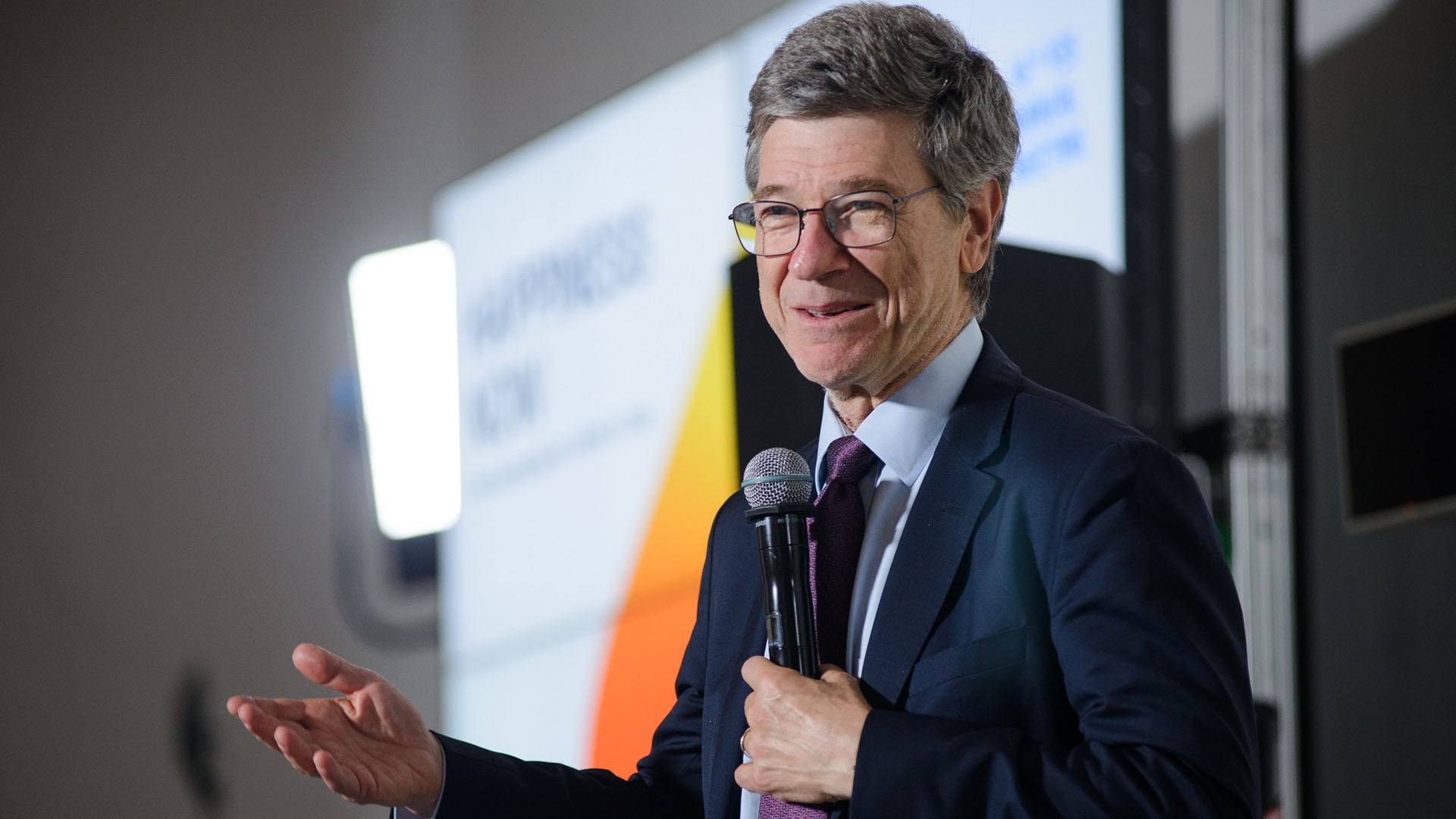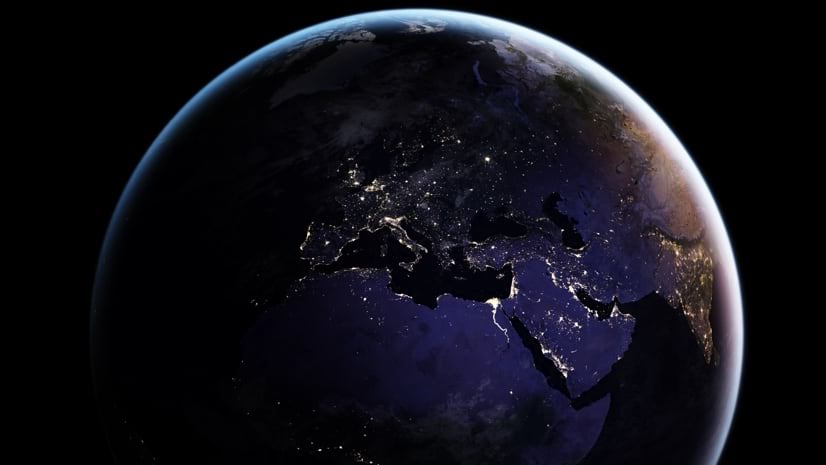As climate change imperils communities, livelihoods, and lives, organizations worldwide are reconsidering what it means to be sustainable. Corporate leaders have begun to view the health of the planet as a bellwether of their business’s long-term prospects. Strong-minded consumers have pushed to end the era of shareholder-first, planet-last practices, forcing companies to focus on risk awareness and reform.
Economist Jeffrey Sachs believes these efforts aren’t moving quickly enough. In this Climate of Change interview, we speak with the director of the United Nations (UN) Sustainable Development Solutions Network and best-selling author about the economics of sustainability. Along the way, he offers advice on how business leaders can convert consumer sentiment into responsible practices, climate repair, and business success.
WhereNext: Let’s start with your perspective on a critical topic. We’ve seen articles and surveys showing that corporate executives are talking more about climate repair than they are investing in it. What’s your advice to a business leader who’s weighing the economics of quarterly profit against the cost of climate action? What’s the business argument?
Sachs: When students began protests a decade ago calling for divestment from fossil fuels, the supposedly sophisticated money managers at the universities told the students that they were “unrealistic”; that proper portfolio management “requires” a significant portfolio of fossil-fuel-linked assets. Well, 10 years later the students were proved right. Fossil-fuel investments have been a disaster, and predictably so. We have a major glut—an overhang—of unusable proved reserves. We need to stop exploring and developing yet more fossil-fuel reserves when we already have more than enough. I’d say the same across many topics: woe to the business leader who bets against sustainable development. They will lose in the long term, not only doing social damage but probably bankrupting their companies as well.
WhereNext: Taking a broad view, what do you see as the business community’s responsibility in addressing climate change?
Jeffrey Sachs: Climate change results from greenhouse gas emissions: mainly CO2, CH4 (methane), and N2O (nitrous oxide). These are the result mainly of fossil-fuel energy use, deforestation, and agriculture. The solution to climate change comes from the shift to renewable energy and sustainable land use. Each industry should assess its current contributions to greenhouse emissions in its products and production processes and should plan for a transformation to sustainable technologies based on renewable energy and sustainable land use.
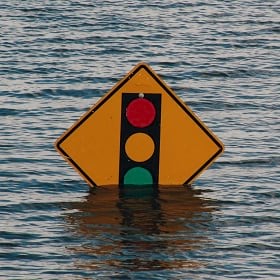
We’re moving to a low-carbon world; we have to. I’m hearing from a lot of companies, ‘Help us get aligned with this, because we understand this is really the future of our survival as a business.'
WhereNext: Some global companies use location intelligence and GIS technology to support sustainable, climate-friendly business practices, including responsible sourcing, climate risk analysis, renewable energy development, and supply chain efficiency. How do you see location technology helping companies address climate change?
Sachs: Sustainable development requires deep transformations of our energy and land-use systems, and both of those are inherently geospatial challenges. In fact, it’s impossible to imagine reengineering these fundamentally important sectors without geospatial tools for mapping, planning, and analytics—we need geospatial planning for renewable energy and sustainable agriculture. Students of sustainable development and businesses in key sectors need to become highly proficient in GIS mapping, modeling, and design.
WhereNext: You have a good appreciation for the size and complexity of the climate challenge, but I think you also appreciate that we need to bring it to a tactical level to make it actionable. If you were to offer tactical advice to a business executive about how to pursue climate repair, what would you say?
Sachs: No new investments in fossil-fuel-based power generation; all-new capacity based on wind, solar, geothermal, hydro, and other zero-carbon technologies; all-electric light-duty vehicles by 2030; zero-emission building codes for new buildings and retrofitting for old buildings; major R&D in new zero-emission fuels (e.g., synthetic green fuels synthesized with renewable energy, and hydrogen economy); a shift to more healthful and sustainable diets; sustainable land use, based on less cattle ranching and beef consumption and feed grain crops; and a shift to more fruits, legumes, and plant-based proteins, with zero deforestation in the supply chains.
WhereNext: As business executives enact those practices, how would you encourage them to leverage location data—and the people in their organizations who manage and analyze location data?
Sachs: Businesses need to understand their own ecological footprint, including their own products and processes, and those of their suppliers and downstream users. This inevitably will require geospatial data, to examine the company’s impacts with hot spot regions in the world (e.g., biodiversity or rainforest hot spots).
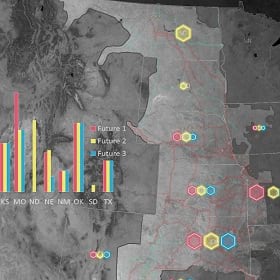
Students of sustainable development and businesses in key sectors need to become highly proficient in GIS mapping, modeling, and design.
WhereNext: Is it problematic if executives are motivated to address climate change because they see it as a business risk? Does the motivation matter, or is any action on climate repair good action?
Sachs: There are several good reasons to address climate change:
- Risk to existing product lines
- Opportunities for new product lines
- Corporate reputation
- Supply chain management
- Worker morale
- Access to capital
- Customer morale
- Alignment with future market forces
- Technological readiness and leadership
WhereNext: During the COVID-19 pandemic, we’ve seen a vein of thoughtlessness or perhaps self-interest threaten community health and the common good. Is that worrisome when you think about the collective action needed to thwart climate change? What are some ways we can overcome the collective action roadblock?
Sachs: The countries failing on COVID-19, alas including the US and Brazil, overlap strongly with those failing on climate change. Both COVID-19 and climate change require honest, science-based policymaking. Instead, in the US we have corporate lobbying, anti-science, and big money in politics overwhelming good sense.
WhereNext: Switching subjects, what are the economics of equality in the workplace? What kind of economic argument is there for creating a more diverse workforce—one more reflective of society?
Sachs: The workplace is in upheaval, with a massive disruption of jobs and career paths. This was already the case because of AI, robotics, and digitization of the economy (e-commerce, work from home, e-education, e-finance, e-government, etc.). COVID-19 has dramatically accelerated and amplified this disruption. Inequalities are apparent everywhere, so equality of the workplace is even more elusive than before. We will need a deep rethinking of jobs and how to make both occupational tasks and businesses more equitable and inclusive with many different modes of engagement (e.g., much more online employment at a distance, and much more flexibility in working hours).
WhereNext: How do you translate your passion for a more sustainable world to a business executive, for example?
Sachs: What could be more exciting and rewarding than contributing to the future, and leaving a positive legacy for our children and grandchildren? It is truly its own reward.

We are seeing businesses all over the world come to understand—sometimes slowly, sometimes as leaders—that if they don’t align with the Sustainable Development Goals, they’re going to find themselves someplace way outside where the actual economy is moving.
WhereNext: As you look around today—at the business climate and the consumer zeitgeist—how would you characterize your outlook for positive change?
Sachs: I’m very worried by the complexity of our challenges—climate change, mega-pollution, COVID-19, rising inequality, incompetence and corruption of political processes—but also incredibly inspired by our breakthroughs in science, technology, know-how, and the determination of young people especially, all around the world, for a better future.
There is no excuse for any of us to be morose or pessimistic. The job of those of us who have been in this fight for a while is to help empower today’s young generation to become leaders to build a more decent world. We know it can be done.
For more from Jeffrey Sachs on creating a human-centered world economy, listen to this episode of the Esri and the Science of Where podcast.
The Esri Brief
Trending insights from WhereNext and other leading publicationsTrending articles
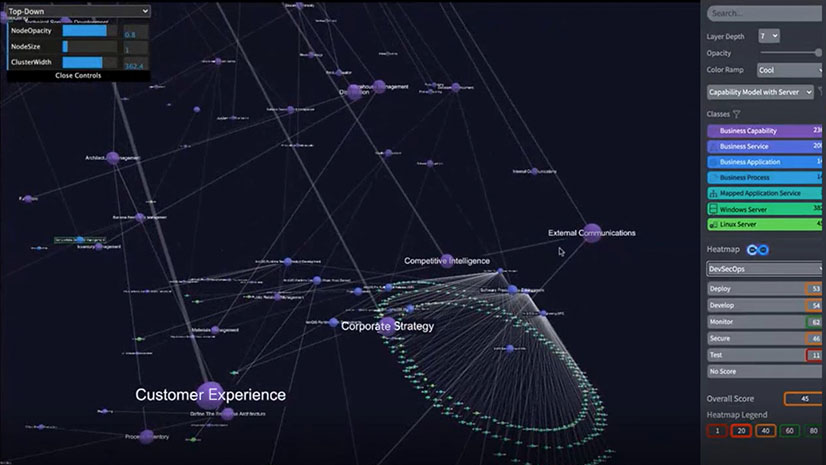
December 5, 2024 |
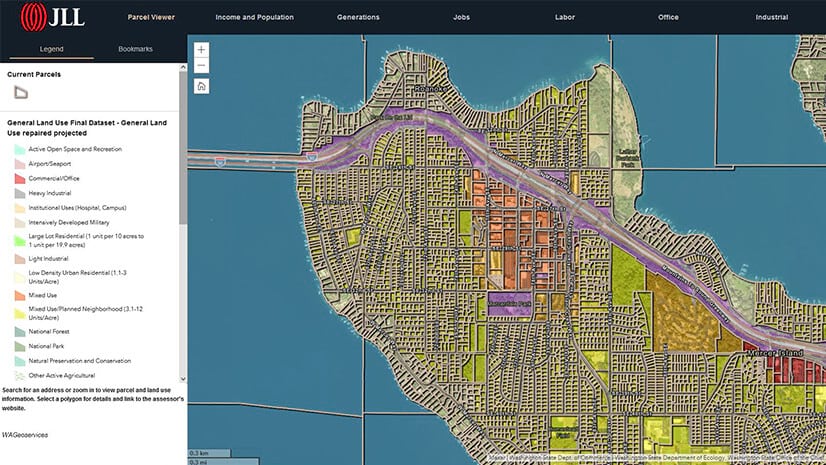
July 25, 2023 |
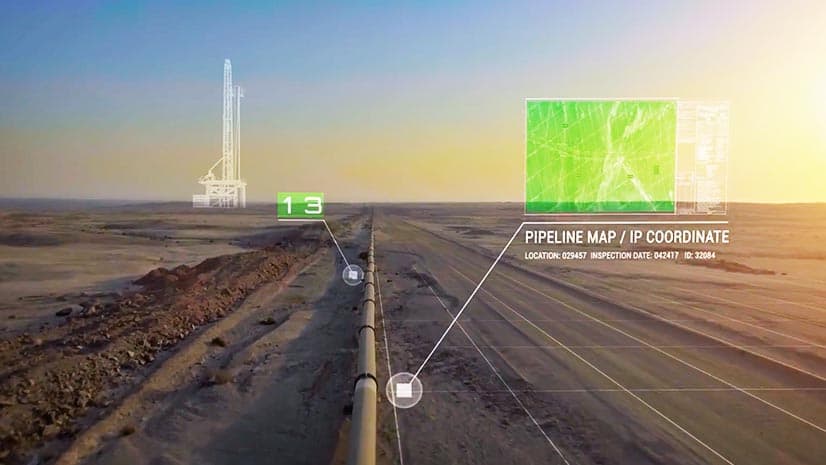
November 12, 2018 |
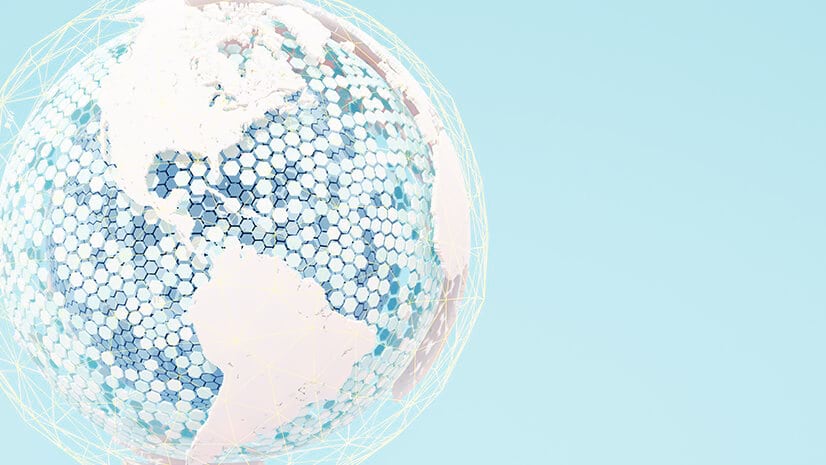
April 29, 2025 |
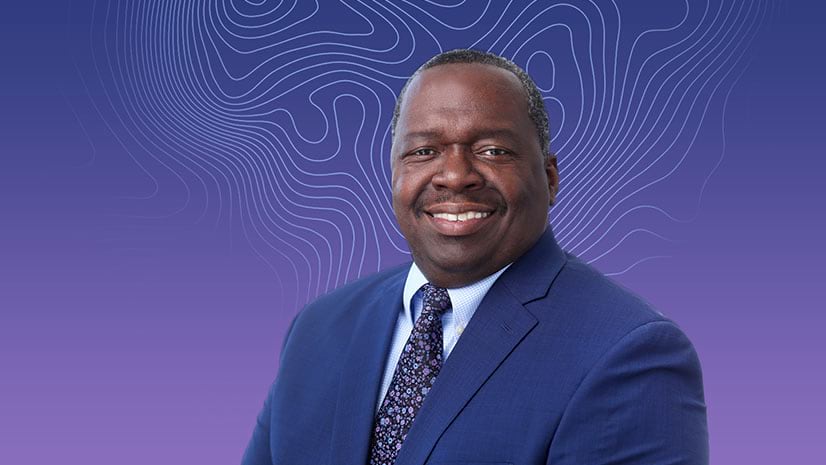
February 1, 2022 |
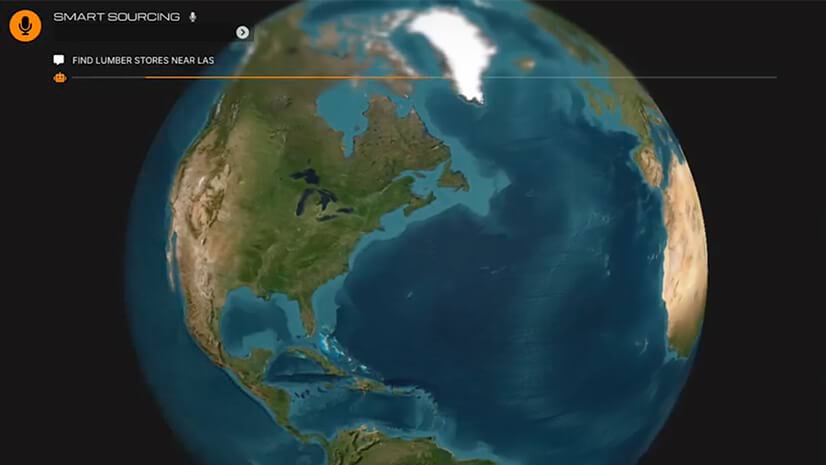
April 1, 2025 |
